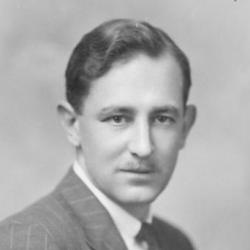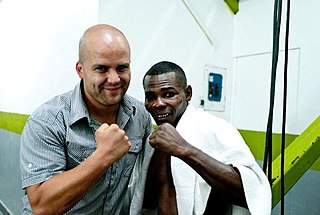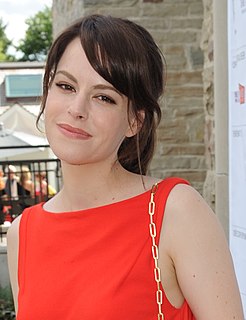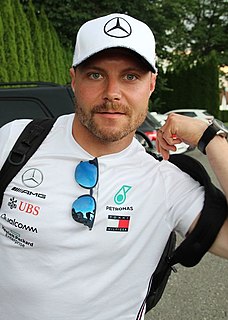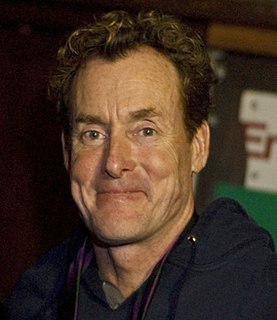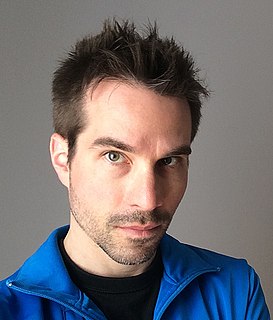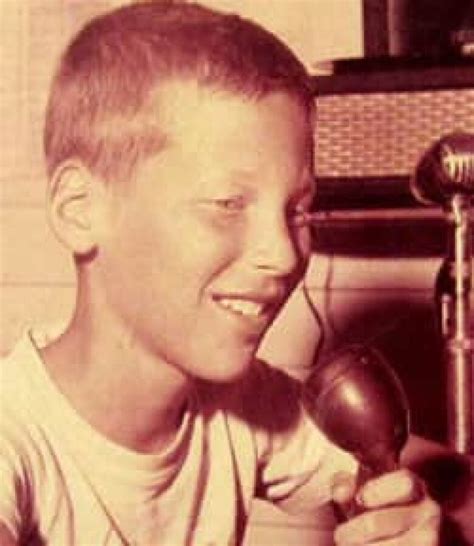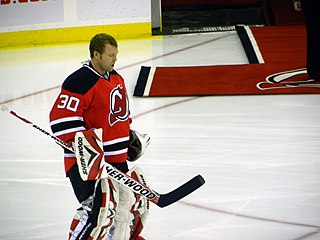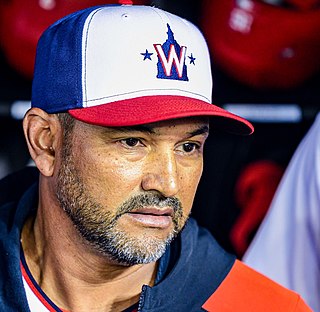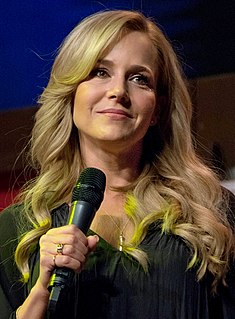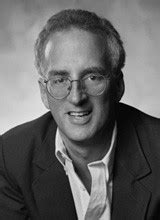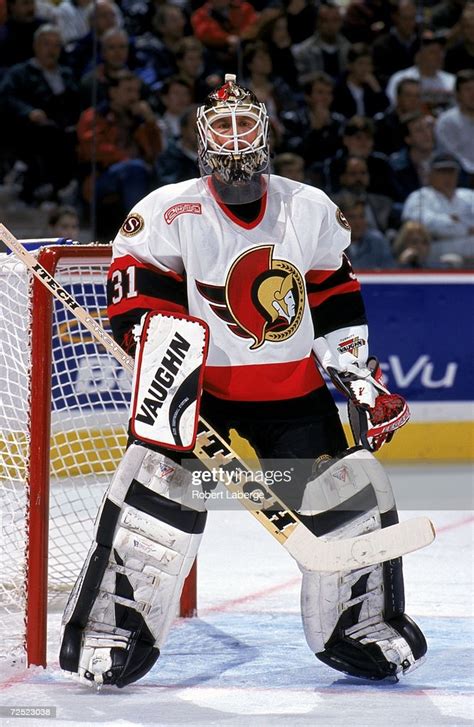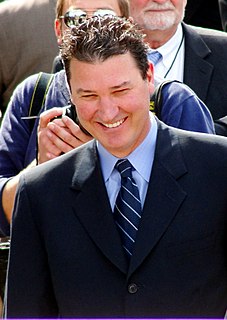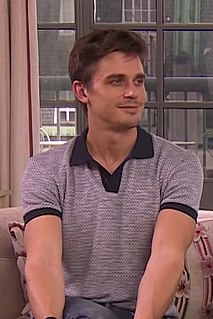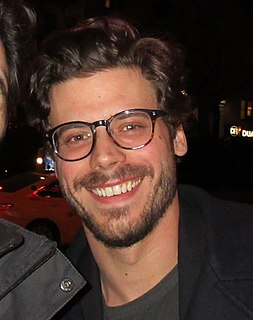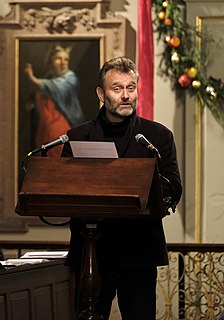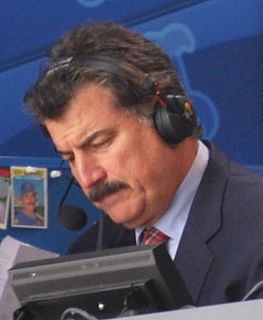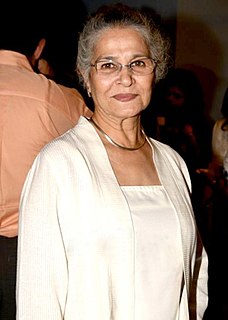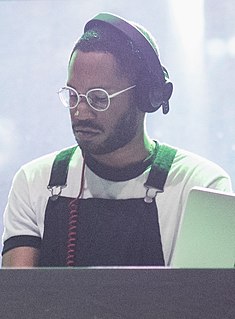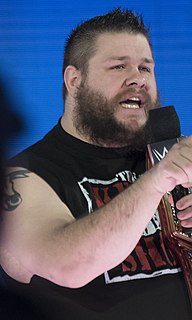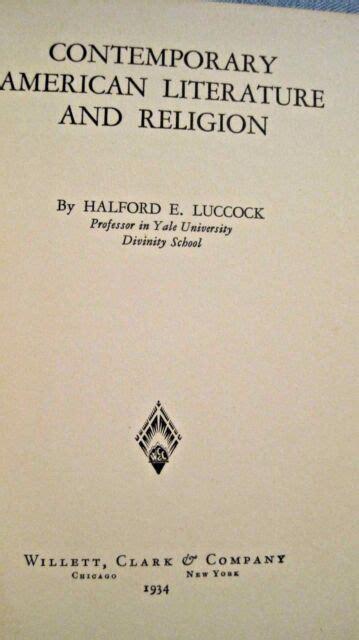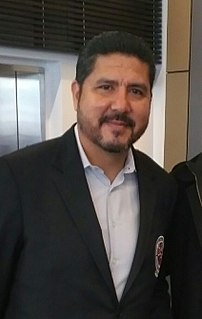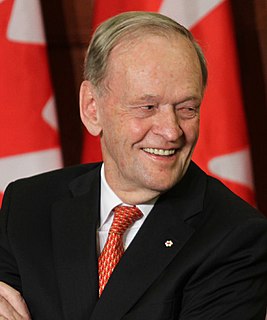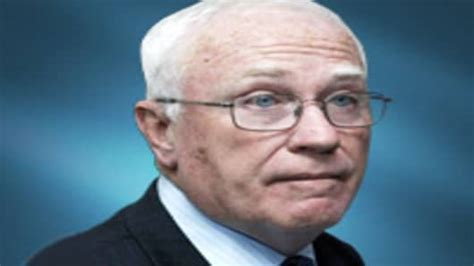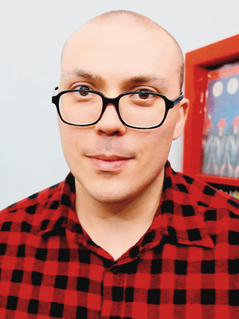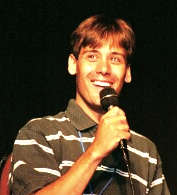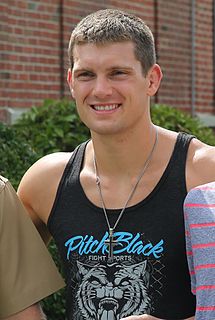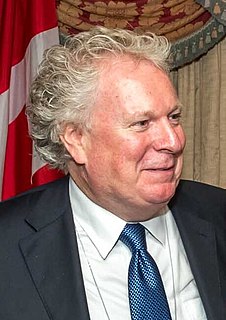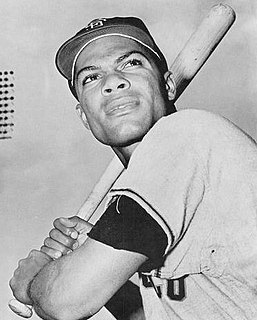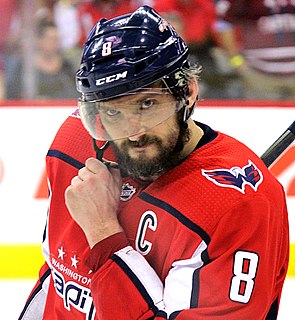Top 194 Montreal Quotes & Sayings - Page 3
Explore popular Montreal quotes.
Last updated on September 19, 2024.
I think everyone that's from Cleveland knows exactly where they were when the Cleveland Cavaliers won the NBA Finals. I was filming a movie, 'The Marine 5: Battleground,' up in Vancouver, so I couldn't be at the game, but I watched it in my hotel room with my wife - who could care less, by the way, about basketball because she's from Montreal.
But that night as I drove back to Montreal, I at least discovered this: that there is no simple explanation for anything important any of us do, and that the human tragedy, or the human irony, consists in the necessity of living with the consequences of actions performed under the pressure of compulsions so obscure we do not and cannot understand them.
The Montreal Protocol is a model of cooperation. It is a product of the recognition and international consensus that ozone depletion is a global problem, both in terms of its causes and its effects. The protocol is the result of an extraordinary process of scientific study, negotiations among representatives of the business and environmental communities, and international diplomacy. It is a monumental achievement.
Coming from Montreal, Patrick Roy was the guy that everybody looked up to. He was consistent and successful early in his career; he won the Stanley Cup when he was really young and he played with a great organization. For me it was also a French thing, like one of us had made it that big in the NHL, and you tried to follow in his footsteps.
Baseball does have some slack here. When they were losing $20 million a year in Montreal, there was some pressure to get rid of it. But as long as they are [profitable] in Washington, there is less pressure. They've got eight bona fide $450 million offers to buy the team, and those offers aren't going to go away soon.
All my career I've gone to teams on the decline. I went to Quebec when they were losing the Stastny brothers. I went to Edmonton after they lost Gretzky and Messier. I went to Anaheim when it was an expansion team. I came to Montreal after they'd won the Cup and were headed down. I was beginning to think it was me.
I studied in New York. I fell in love with an Australian-born, half-Filipina girl. So we moved to Australia when she went to her university and I moved with her. We moved to Montreal because she was going to take her year abroad, and I wanted to see if I could keep on writing there. It's really hard to make it as a writer in the Philippines.
My mother was born in the city, my dad was an immigrant. Probably from Germany. Could have been Austria, could have been Poland. The borders were changing. My dad brought over a large family of Shatners when he was very young. Scraped together the money, got 11 brothers and sisters a passage on the boat. There's a lot of Shatners in Montreal.
I'm from the suburbs, really, so I actually didn't go to Montreal until I was, like, 19. I wasn't allowed to go to the city at night or really be in the scene with other producers. It was hard for my parents to understand what I was trying to do as an artist, but it didn't stop me. They eventually saw that it wasn't a joke.
Many years ago Rudyard Kipling gave an address at McGill University in Montreal. He said one striking thing which deserves to be remembered. Warning the students against an over-concern for money, or position, or glory, he said: 'Some day you will meet a man who cares for none of these things. Then you will know how poor you are.'
We have worked very hard to accommodate the requests from the Mayor and the Council that changed the terms of the agreement that brought the Montreal Expos to Washington. Because we believe in the future of Baseball in the nation's capital, we have signed a lease that honors the 2004 agreement, while conforming to the emergency legislation that the Council passed last month.
Of Montreal's early releases were loaded with playful but confessional acoustic tunes, but the band soon embraced glam-rock's freakier side on albums like 'Hissing Fauna Are You the Destroyer?' and 'Skeletal Lamping.' It was a shift fans might not have tolerated if it weren't for frontman Kevin Barnes' catchy, personality-driven songs.
In, 1950, at the age, 19 I dropped out of St. George William College in Montreal, as it then was, and sailed for England on the Franconia. Foolishly, no arrogantly, believing I could put Canada and its picayune problems behind me, never dreaming it would become the raw material of most of my fiction and non-fiction. Or that I would care so deeply about its surviving intact.
Garage-rock eccentric King Khan may be from Montreal, but his heart is almost a thousand miles away, throbbing from Atlanta to Castle City, Mont., until it hits cardiac arrest in Kalamazoo. Khan and His Shrines warn that this so-called 'Land of the Freak' is where only the strong survive, but it's a strength that can't be measured in muscle.
Climate change and ozone depletion are two global issues that are different but have many connections. In the ozone depletion case, we managed to work with decision makers effectively so that an international agreement called the Montreal Protocol was achieved that essentially solved the ozone depletion problem.
I had more pressure when I competed in Moscow. I had no pressure in Montreal because I only went to do my routines and hoping I didn't mess it up when I was on the bar. When I came back, 10,000 people were at the airport and I thought, 'Why?' because, in my mind, I hadn't done anything different from what I used to do in my gym.
One thing with Montreal is it's so cold and everyone's so poor and beer's so cheap: if you go to a show you have to brave the weather to get there. So you show up and everyone's soaking wet - there's a sense of 'I trekked through three feet of snow to get here!' I think there's a kind of camaraderie that arises out of that, that's important to me as well.

